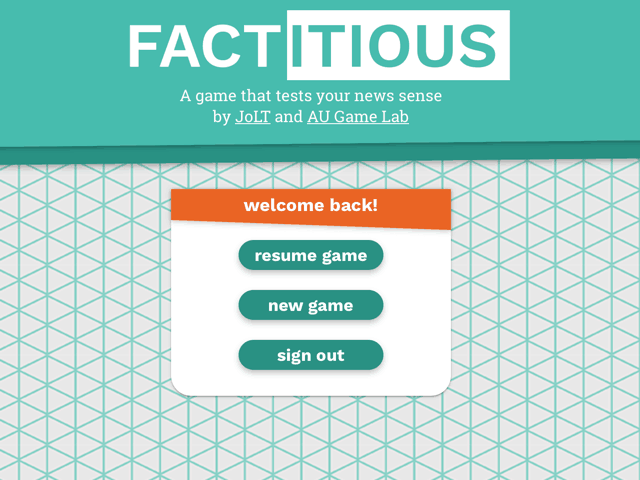Category Archives for "Blog"
The Oxford Review Blog – Articles, posts and research briefings about Organisational Development, Human Resources, Learning & Development, Management, Leadership.
The Oxford Review Blog – Articles, posts and research briefings about Organisational Development, Human Resources, Learning & Development, Management, Leadership.

Innovation capacity is an important concept for any organisation or company, no matter how small or large. The question is what helps to develop greater levels of innovation capacity? Organisations are complex amalgamations of many factors all of which have to come together to produce the outcomes the organisation desires. Research into connections between multiple […]
Read more
Evidence-based practice it is not solely focused on being dependent on peer-reviewed research. Experience plays a vital role in evidence-based practice, only it’s not any old experience that counts here. There is experience and experience. Understanding the role of experience in evidence based practice, and what types of experience that is matters. Introduction – experience […]
Read more
How good are you at spotting fake news? One of the many problems that non-academic evidence-based practitioners face is understanding the veracity or trustworthiness of research papers. Many practitioners do not always realise is that many studies, think tank reports, blog posts, LinkedIn posts, white papers, reports and other expert opinion articles are frequently biased. One […]
Read more
A new (2017) study looking at staff learning at an organisational level found that while management frequently decrees that learning should take place during working hours, time is rarely given to staff to do that learning. This research briefing was sent to members in June 2017 Implicit and explicit knowledge Management will vs practical […]
Read more
Organisational wrong-doing: Being bad in different cultures A recent study looking at attitudes towards five forms of information abuse made a fascinating and accidental discovery about how different cultures perceive organisational wrong-doing. The researchers uncovered that there are significantly different perceptions of organisational wrong-doing (perceptions of being bad) depending on where you come from… […]
Read more
Receptiveness to change is a key issue in organisations. A lot of time, money and effort is used trying to predict and develop receptiveness to change as this is a primary indicator of organisational readiness for change. A new study looking at the relationships between job satisfaction, organisational commitment and people’s attitudes toward organisational change […]
Read more
Tensions faced by leaders: An interesting paper, about the tensions faced by leaders in health care scenarios shows some really useful constructs for leaders and managers in other contexts. The study found that there are often perceived differences between the aims of different parts of managers jobs. In this case between the aims of the […]
Read more
The unidirectional argument is not evidence-based There are a lot of blogs, articles and books that at first sight appear to be evidence-based. They are entertaining, interesting and makes sense. Some call it evidence-based writing. It is not evidence-based and here’s why… As editor of The Oxford Review I read a lot. A lot of […]
Read more
Brain drain or key people leaving after a change or acquisition is a major problem for organisations, whether they care to admit it or not. Whilst this research study focuses on what goes wrong when companies acquire start-ups, the lessons have much broader implications for managing staff in most organisations and how to prevent brain […]
Read more
Swearing at work – good or bad? Do you have days where you appear to be filling up the swear jar faster than anyone else at work? Many of us let loose now and then when things go wrong, or we get frustrated or someone upsets us. But can swearing at work be good for […]
Read more